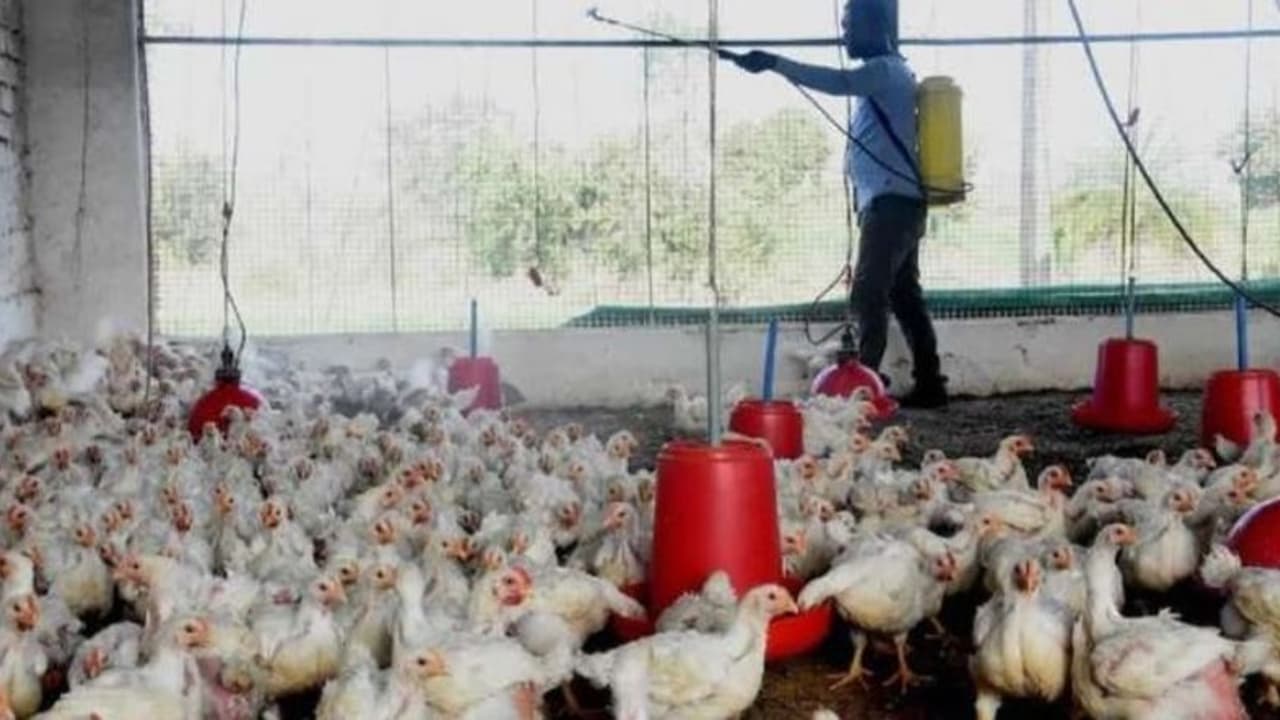UP CM Yogi Adityanath has ordered urgent, coordinated measures to prevent the spread of H5 Avian Influenza. Directives include sanitization, staff training, poultry monitoring and inter-departmental coordination to protect humans and wildlife.
Lucknow, August 13 – Taking cognizance of the potential threat of H5 Avian Influenza (Bird Flu), Chief Minister Yogi Adityanath, on Wednesday, directed the departments concerned to take swift and coordinated action. He said that the safety of protected animals and birds is the state government’s top priority, and negligence at any level will not be tolerated.
The Chief Minister ordered enhanced security across all zoos, bird sanctuaries, national parks, wetlands, and cow shelters in Uttar Pradesh, directing immediate implementation of measures as per central and state guidelines.
CM Yogi directed regular sanitization of zoo premises, including blow-torching if required, along with mandatory health checks for all animals and birds. He said food should be given only after thorough diet inspections, and staff duties in enclosures must be assigned based on risk levels to ensure full safety compliance.
CM Yogi directed that all zoo staff be trained on avian influenza symptoms, transmission, and prevention, and equipped with PPE kits and safety gear to ensure both effective duty performance and personal protection. He also called for strict monitoring of all poultry farms in UP as per standards, with tight control over the movement of poultry products. l
Furthermore, CM Yogi directed the Health Department to study the potential impact of H5 Avian Influenza on humans and submit a detailed report to prevent any chain of infection from reaching the population.
CM Yogi directed constant coordination with the Central Zoo Authority, NCDC, Health Ministry, Fisheries and Dairy Department, and IVRI Bareilly, ensuring timely implementation of their recommendations. The Chief Minister emphasized that timely, coordinated, and strict action—backed by inter-departmental cooperation and rapid information sharing—is key to protecting both citizens and wildlife from the potential infection.
